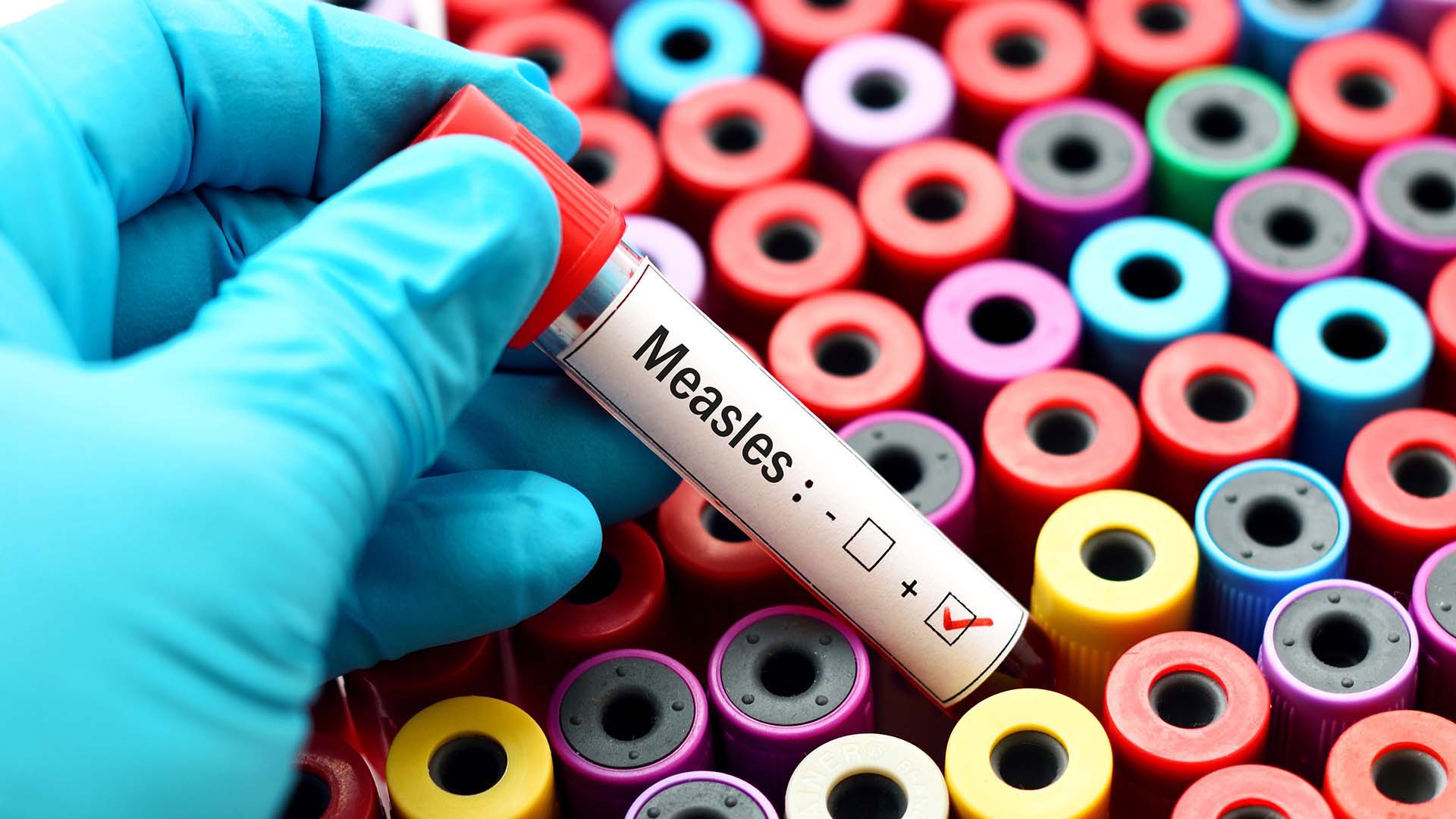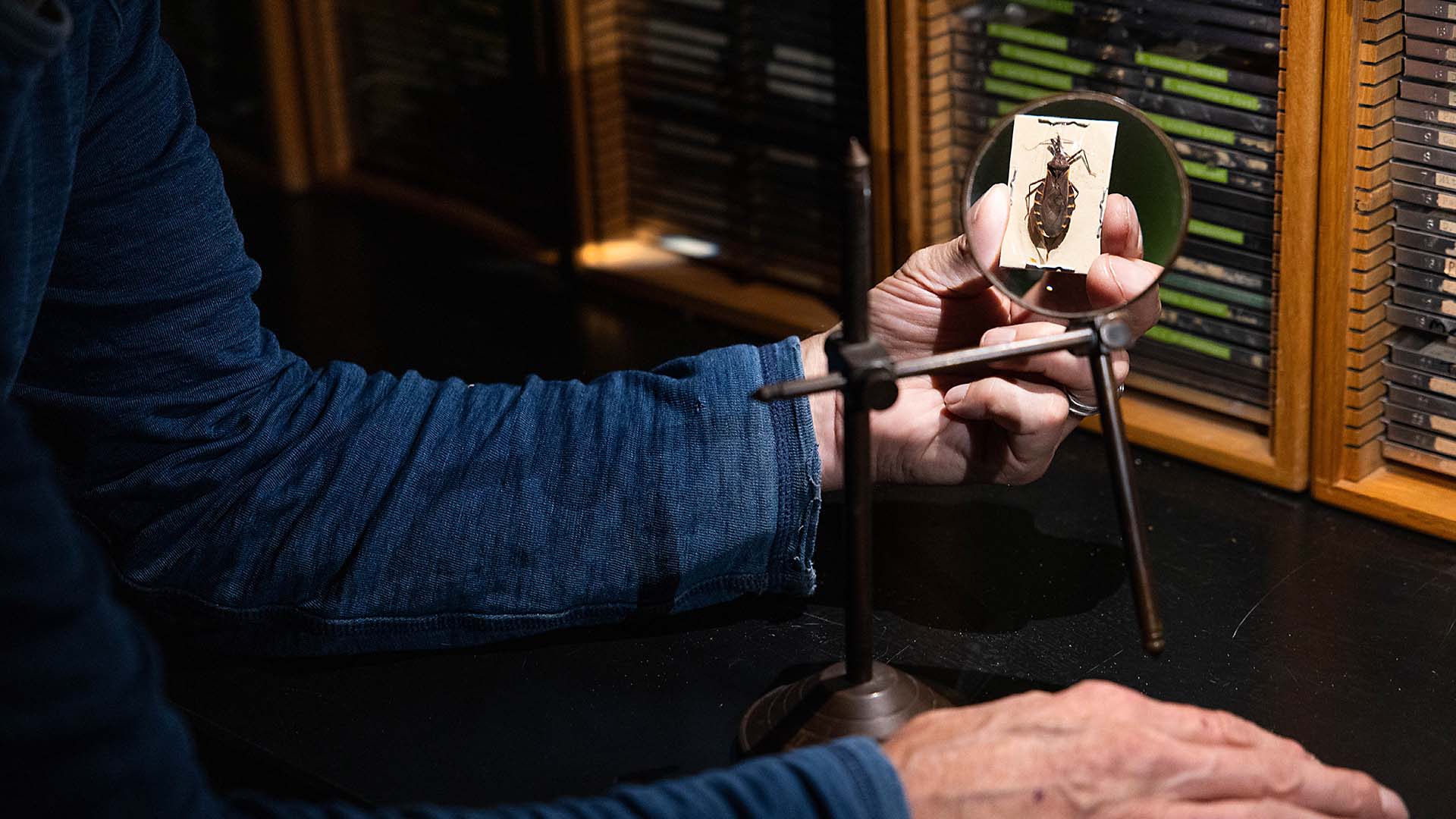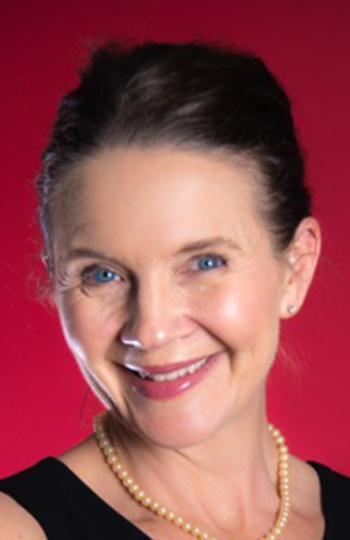From the military to medicine, still serving
Here’s how the new Forever GI Bill supports a Navy family’s transition to civilian health care professionals.

Alvin Bush studied for an associate degree while he was still in the Navy, assigned to the tiny Pacific island of Guam – and the Navy footed the bill.
And because he was studying under the active-duty military’s tuition-assistance program at the time, those classes didn’t even subtract from his GI Bill entitlement, an entirely separate education-funding source that troops often tap after they get out.
“My wife is just getting started using hers,” Bush says. “It’s going to cover her whole degree.”

Service members who earn part or all of a degree while in uniform often have enough in GI Bill benefits afterward to pay for a master’s – students such as Bush, who plans to finish up his Master of Health Administration at Metropolitan State University of Denver next spring.
Known in recent years as the Post-9/11 GI Bill, the valuable veterans program pays for tuition plus housing. Funding levels depend on aspects of an individual’s service. Active-duty troops who serve a full enlistment usually qualify for the full benefit.
A number of changes passed into law in 2017 under the so-called Forever GI Bill, formally the Harry W. Colmery Veterans Educational Assistance Act, went into effect nationwide this past Aug. 1. The new bill eliminated a 15-year time limit on using the Post-9/11 GI Bill, among about 20 other changes, most characterized as expanding or enhancing eligibility.
As a hospital corpsman – the Navy’s name for enlisted-ranked medical personnel who generally enter without a college degree – Bush trained as a field medic but first got assigned to an East Coast hospital pharmacy, where he met a mentor, an officer who made an impression right away.
“It was the first time I saw somebody of color in that kind of position,” says Bush, who is African American. “He told me, ‘Once your mind is illuminated to the truth, it can never be turned off. They can never take it away from you.’”
Bush considered becoming a physician assistant until a case in Guam, the death of a friend and fellow corpsman at the naval hospital there, hit too close to home.
“It really left a bad taste in my mouth for continued service – even in medicine, really,” he recalls.
But before he left Guam, he met another important educational influence: the woman who would become his wife. They first bonded over classwork – English, in particular. Also an active-duty sailor and corpsman at the time, Eun Hye is a native of South Korea.

Both now out of the Navy and with two young children, neither is passing up the opportunity to continue going to school using the GI Bill. Eun Hye, who also goes by the name Grace (her name’s English meaning), is working toward a nursing degree at MSU Denver.
Bush had finished up a business bachelor’s and was eyeing a Master of Business Administration — he wanted to get back into medicine “but not in direct patient care,” he says – when Eun Hye brought up MSU Denver’s M.H.A. program, and she made a good point:
A specialized degree could be more marketable.
Bush now has a career as a health executive in view, a field in which a master’s has become increasingly important, says Jeff Helton, Ph.D., who teaches in the program.
MSU Denver’s M.H.A. program is only three years old, launched in response to student demand. The degree focuses on the business of health care, Helton says. The U.S. Department of Labor forecasts the demand for medical- and health-services managers to rise comparatively quickly – 20 percent from 2016 to 2026, adding another 72,100 managers. The pay is attractive, with an annual median of $98,350 as of May 2017.
Not bad for a Navy recruit who’d taken just a handful of classes when he enlisted.
If he learned anything from his career in the military, Bush says, he learned to recognize an opportunity and take it – especially the chance to advance his education.







